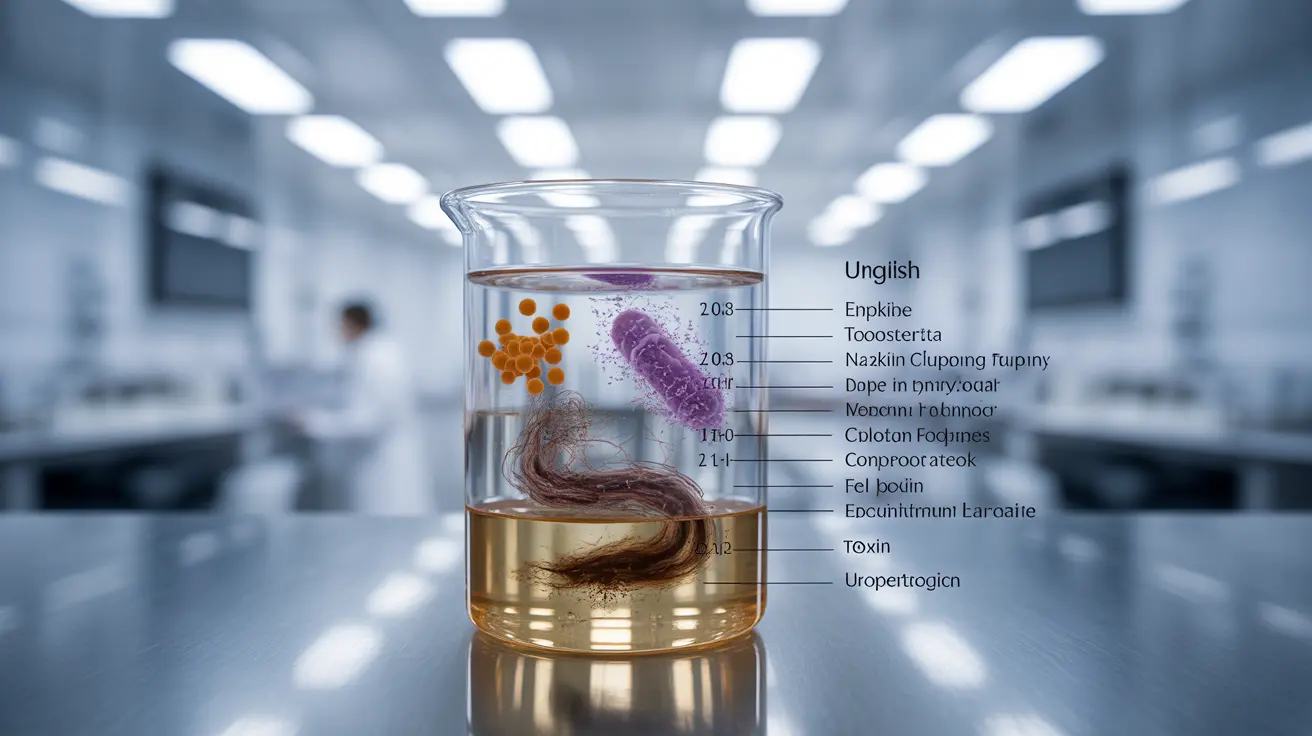The practice of drinking urine, also known as urophagia or urine therapy, has gained attention through various alternative medicine claims and survival scenarios. However, medical professionals unanimously warn against this practice due to significant health risks and scientific evidence showing its harmful effects on the human body.
Understanding the medical implications of consuming urine is crucial for public health awareness and dispelling dangerous myths about its supposed benefits. This article examines the scientific evidence behind why drinking urine is unsafe and what alternatives exist in emergency situations.
The Composition of Urine and Why It's Unsafe to Drink
Urine is not simply "filtered water" as some might believe. It's a complex waste product containing various compounds that the body has deliberately eliminated, including:
- Concentrated waste materials
- Excess minerals and salts
- Bacteria and toxins
- Broken down hormones
- Metabolic waste products
When these substances re-enter the body through consumption, they can cause numerous health problems and put unnecessary strain on the kidneys and other organs.
Health Risks Associated with Drinking Urine
Consuming urine can lead to several serious health complications:
Immediate Health Risks
- Bacterial infections
- Elevated blood pressure
- Gastrointestinal distress
- Electrolyte imbalances
Long-term Health Consequences
- Kidney damage
- Dehydration
- Toxic build-up in the body
- Organ system stress
The Dehydration Paradox
Despite containing water, drinking urine actually promotes dehydration rather than preventing it. This occurs because:
- Urine contains high concentrations of salts and minerals that require additional water from the body to process and eliminate.
- The kidneys must work harder to filter these reintroduced waste products, using more of the body's water reserves in the process.
Medical Research and Lack of Benefits
Scientific studies have consistently found no medical benefits to drinking urine. Claims about its therapeutic properties are not supported by peer-reviewed research or clinical evidence. Instead, research shows that urine consumption can be harmful and potentially dangerous to health.
Emergency Survival Situations: Better Alternatives
In survival situations, several safer alternatives to drinking urine exist:
- Solar water distillation
- Water filtration through natural materials
- Collecting morning dew
- Finding water-rich plants (after proper identification)
- Creating condensation traps
Frequently Asked Questions
Is it safe to drink urine and what health risks are associated with it?
No, drinking urine is not safe. It can lead to serious health risks including bacterial infections, dehydration, kidney problems, and toxic build-up in the body. The practice introduces concentrated waste products and harmful substances back into your system.
Why does drinking urine worsen dehydration instead of helping with hydration?
Urine contains high concentrations of salts and waste products that require additional water from your body to process and eliminate. This increases the body's water requirements rather than providing hydration, ultimately worsening dehydration.
Can drinking urine cause infections or other medical problems?
Yes, drinking urine can cause various medical problems including bacterial infections, gastrointestinal issues, elevated blood pressure, and kidney strain. The practice can also lead to dangerous electrolyte imbalances and organ system stress.
Are there any proven health benefits of drinking urine according to medical research?
No, there are no scientifically proven health benefits to drinking urine. Medical research has not found any therapeutic value in the practice, and instead consistently demonstrates potential harm.
What should I do in a survival situation if I don't have access to clean water?
Instead of drinking urine, focus on finding alternative water sources such as creating solar stills, using natural filtration methods, collecting morning dew, or creating condensation traps. These methods are safer and more effective for survival situations.




